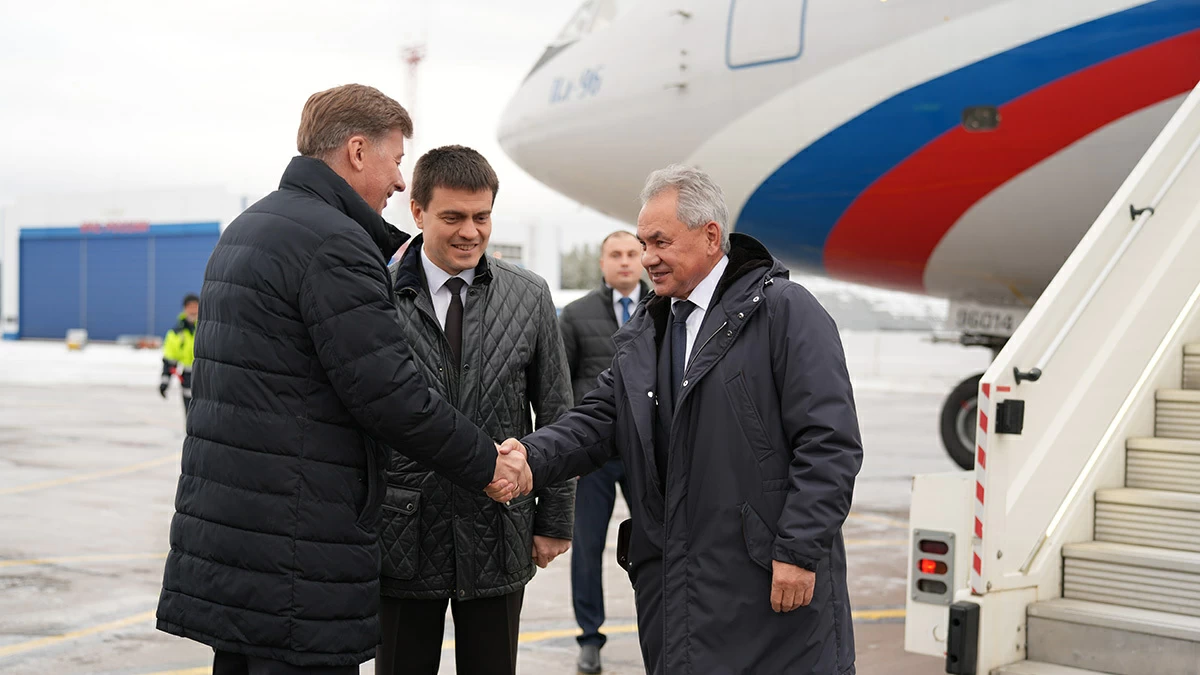
The Rocky Road to Russo-Japanese Peace
The Rocky Road to Russo-Japanese Peace
On December 15–16, Vladimir Putin will travel to Japan for a summit with Japanese Prime Minister Shinzo Abe. This summit will represent the culminating effort to date of a four-year endeavor to negotiate a Russo-Japanese peace treaty, formally terminating their belligerence during the closing days of World War II and creating a new legal foundation for the territorial status quo in Northeast Asia. But a few days before the visit, to judge from the Russian press, the road to this peace treaty is quite difficult if not obstructed.
While acknowledging that both sides have the will to negotiate a peace treaty, Russian Foreign Minister Sergei Lavrov insisted that Japan should sign the treaty before the return of the Kurile Islands, occupied in 1945 by the USSR, could be discussed (MID, December 3). Similarly, Moscow demanded that other matters, such as joint economic activities on the islands, should be negotiated without the influence of external factors, such as Japan’s strong relationship with the US or Moscow’s invasion of Ukraine that led to Western sanctions. In effect, Moscow wants Japan to sign the peace treaty, acknowledge the legitimacy of the USSR’s actions and renounce the Kuriles as part of Japan, in addition to delivering large-scale economic assistance that would possibly include the abolition of Japanese sanctions against Russia as a precondition for the normalization of relations—all in exchange for the potential subsequent retrocession of two of the four occupied islands to Japan (Kremlin.ru, December 13). Similarly, former Russian ambassador to Japan, Aleksandr’ Panov, wrote that Japan is too attached to the United States and, while Premier Abe wants to alter that vision, previous plans have failed due to the opposition of pro-American Japanese politicians (Kommersant.ru, December 7).
Typically, such statements are classic manifestations of Russia’s belief that Washington is the problem afflicting all of the Kremlin’s policies, while pretending that Moscow’s refusal to concede the islands to Japan and demand for large-scale economic concessions have nothing to do with the impasse of over sixty years in Russo-Japanese relations. Despite the fact that Abe has imposed his will to some degree on the bureaucracy and business community to make major economic concessions to Russia, there are no corresponding signs of Russian plans to reciprocate in advance of the summit. Instead, Moscow has now deployed its latest Bal and Bastion coastal missile complexes to those islands that are supposedly aimed at driving off a US carrier-based attack (Gazeta.ru; Japan Times, November 22). In reality, as no such attack is remotely conceivable, these deployments are another example of the typical Russian impulse to try and intimidate negotiating partners into submission, a clear expression of contempt for Japan.
Abe may conceive of a relationship of trust with Putin (KyodoNews, December 5), but despite his far more flexible approach than that of his predecessors, Russia has shown no inclination to go beyond Khrushchev’s 1956 declaration of returning the two smallest islands to Japan (EastAsiaForum, December 7, 2016). Thus, more and more the Russian stance apparently is to give up as little as possible, try to maximize Japan’s economic investments and trade with Russia that forty years of experience have shown to lead to a dead end and try to maneuver Japan out from under its supposed unnatural submission to Washington. But due to that failure to date, there are signs that Japan could be moving toward more closely linking any economic concessions to the signing of a peace treaty to obtain the return of the four major Kurile Islands (Japan Times, December 3). Meanwhile, there are signs that mounting opposition, including from former Prime Minister Yoshihiko Noda, to Abe’s concessions, may narrow his domestic space for maneuver (KyodoNews, December 4).
Moreover, since Japan’s Ambassador to Ukraine Shigeki Sumi has now declared that Japan supports the territorial integrity of Ukraine and continues sanctions against Russia for its invasion of Ukraine (Ukrinform, December 6), it appears unlikely that Japan will, notwithstanding other economic concessions, breach sanctions and Western unity for the sake of the peace treaty.
Since Lavrov has warned Japan not to expect rapid progress on the territorial issue and recent Russian military deployments suggest that Moscow will not make any such concessions (MID, December 3; Kommersant, November 22), it appears that it will take a decisive intervention by Putin to realize the dream of a genuine normalization between Tokyo and Moscow. Since Putin apparently does not see fit to move further until now—he has stated that Russia does not trade territory (Kremlin.ru, September 3)—it appears unlikely without such an intervention that a peace treaty will be signed and that Moscow will achieve this normalization.
While a failure to obtain a treaty will certainly obstruct Abe’s grand design, it is more arguably the case that Russia would suffer the consequences the most. The result would be that Russia would once again incur Japanese hostility and suspicion, fail to achieve any concrete economic benefits that will allow it to get out of the sanctions or open the long-promised large-scale economic cooperation with Japan that would benefit both countries, or manage to escape from under the tutelary role of China in East Asia, which casts an increasing shadow on Russian foreign policy. Putin, however, may think he needs to avoid making concessions. But if he does, then Russia, to paraphrase a celebrated remark by the late Israeli Foreign Minister Abba Evan, will again not miss an opportunity to miss an opportunity with Japan.


